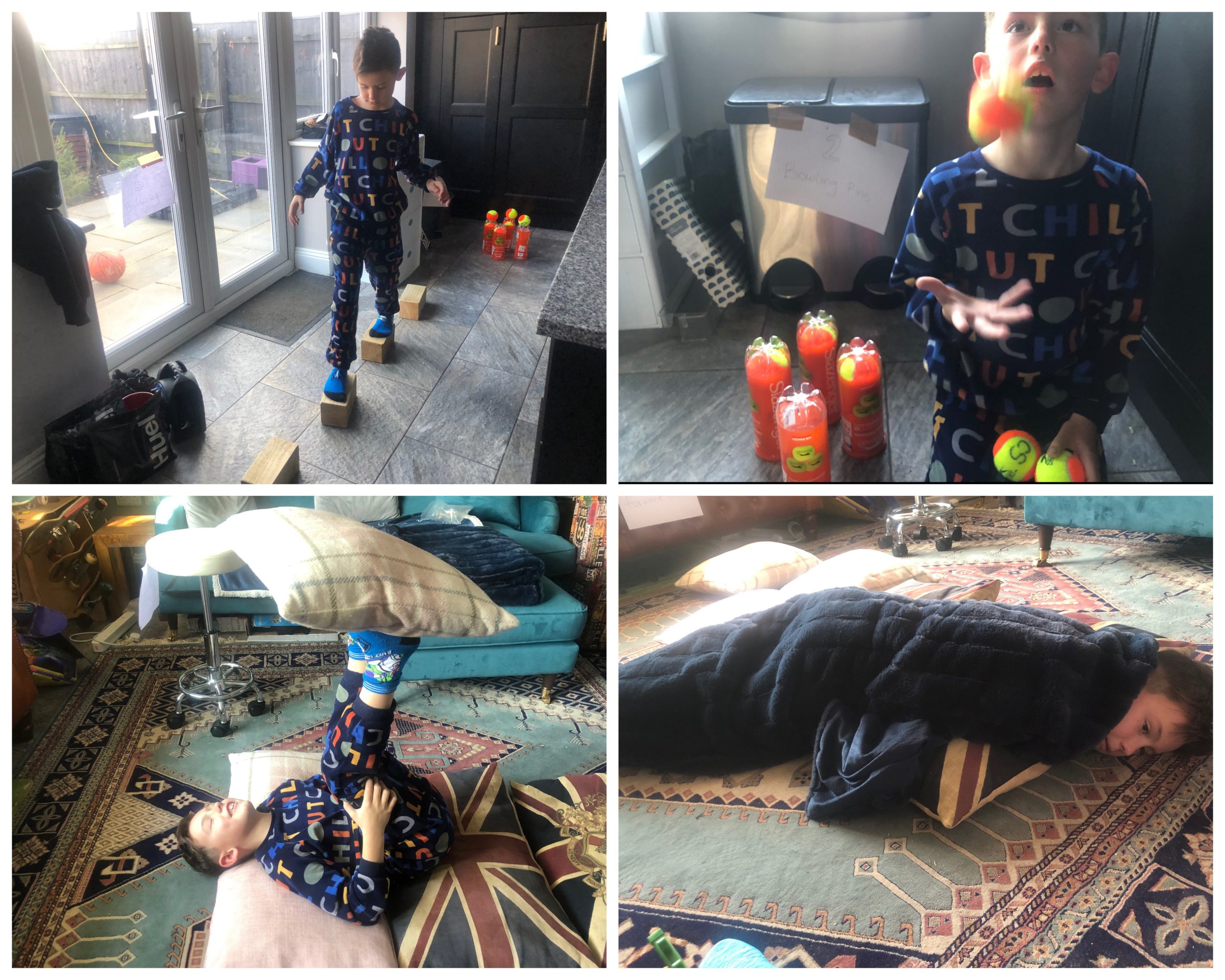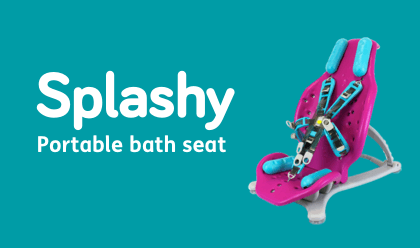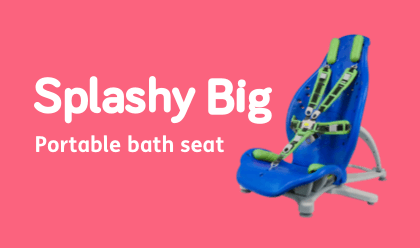Sensory Circuits – Therapy and Fun Combined!

Are you familiar with the term ‘Sensory Circuits’? I wasn’t, until Jenson returned to school post-Covid lockdown, and his school introduced the ‘Recovery Curriculum’.
The key principle of sensory circuits is to facilitate children’s readiness to learn and engage, by stimulating and focusing their bodies and minds. The concept is particularly effective for young people with sensory processing issues and neurodiversity, as it can build skills in self-regulation, while also developing the vestibular (balance and spatial awareness) and proprioceptive (body awareness) systems, which are often out-of-sync in neurodivergent individuals.
Every day since September 2021, Jenson has visited the school sports hall every morning for 15-20 minutes, where he participates in sensory circuits, lead by the Occupational Therapy team.
At first, I was told, Jenson was not too compliant.
He would run to his favourite stations, crash and play, and then be done! But as time went on, he steadily progressed his ability to engage in each of the stages, and within weeks he was apparently showing younger children how to do it!
As one of the school’s livelier and more energetic students, the therapy team have been astonished by the difference in focus, engagement, and calm that Jenson has demonstrated through participating in this daily. Similarly, his teacher has been astounded by his resultant improvement in attentiveness to learning tasks in the classroom.
Sensory Circuits is comprised of three sections: Alerting, Organising and Calming.
In the alerting stage, children engage their gross motor skills to release energy, anxiety or stress, with activities include bouncing, crashing, skipping and jumping. Next comes the organising stage, where children will channel their energy towards more finely tuned activities such as balancing, target throwing and coordinating.
Finally, in the calming stage, children are encouraged to centre themselves into a composed state, through activities such as rolling on a peanut ball, deep pressure under a weighted blanket, or lying inside a lycra wrap. Music at this stage can also be added to calm and connect.
The transformation in the classroom for Jenson within weeks was incredible.
Having recently been diagnosed with ADHD (to accompany his other primary diagnoses), he has always struggled with the ability to attend to activities and follow instructions through. However, his teacher reported a notable shift in his focus and attention in the classroom, which we believe to be a direct result of the daily sensory circuits regime.
What’s more, it is so easy to create a sensory circuit at home! Cushions on the floor, throwing socks at plastic cups, drinks coasters and tape-measures for balancing, spinning on the office chair, it’s pretty easy to be creative.
I’ve found that during school holidays, it has been easy to recreate a sensory circuit at home, so that the school routine can be continued. I have been so excited to watch Jenson’s younger brother enjoy them too, and he has enjoyed playing a part in helping his older brother to engage and participate alongside him.
I am so pleased that Jenson’s school initiated this activity and hope that they carry it on as a long-term morning activity, because the benefits have been fantastic.



















